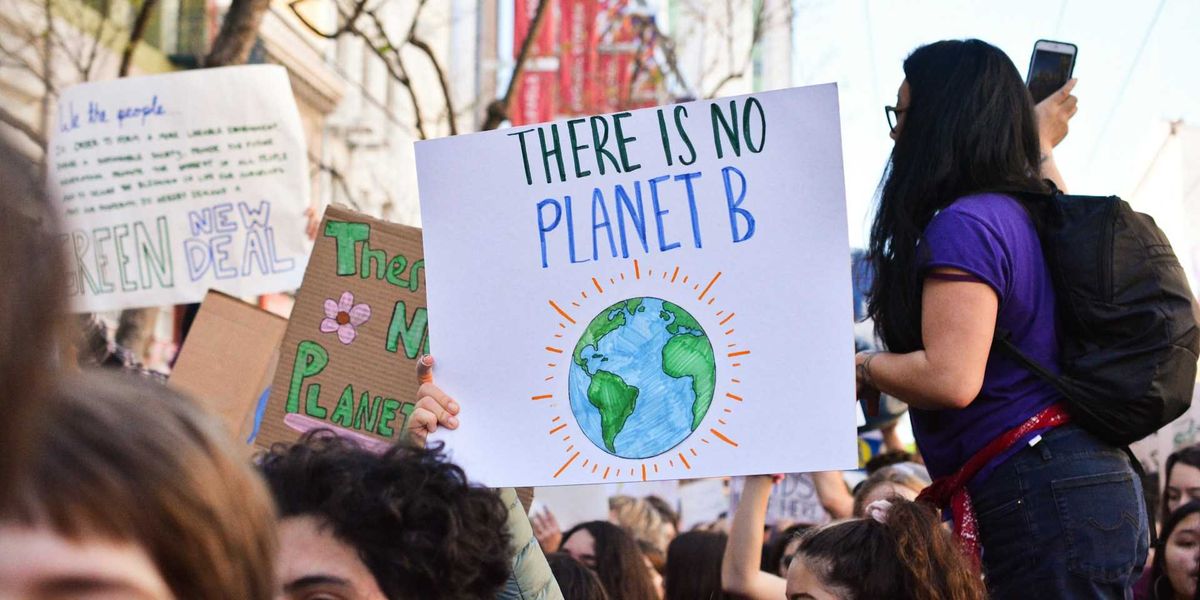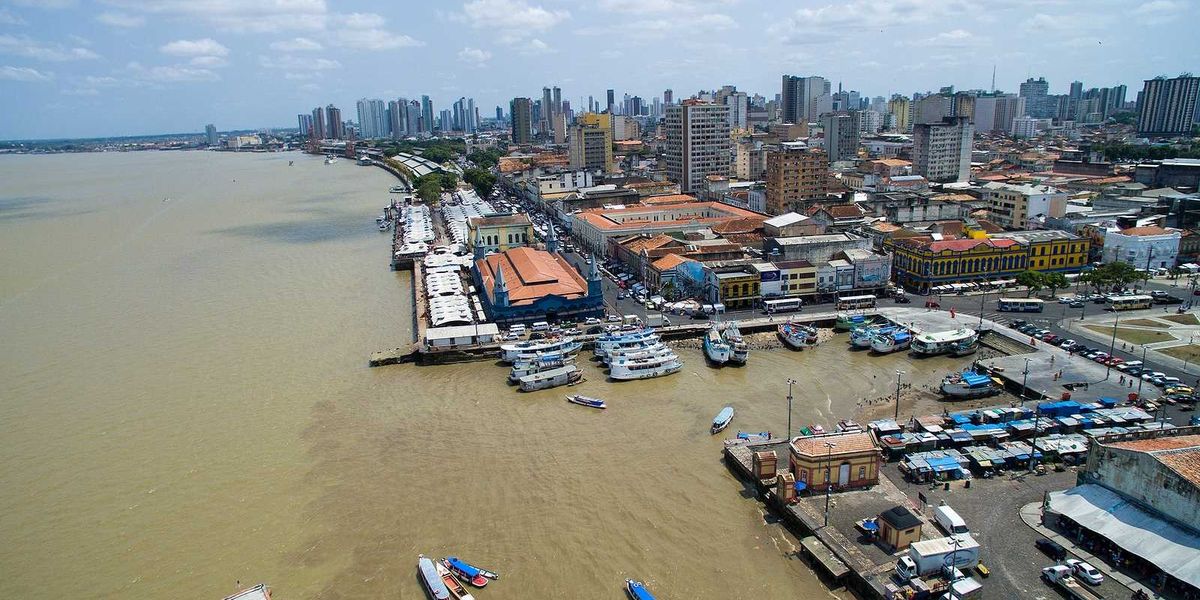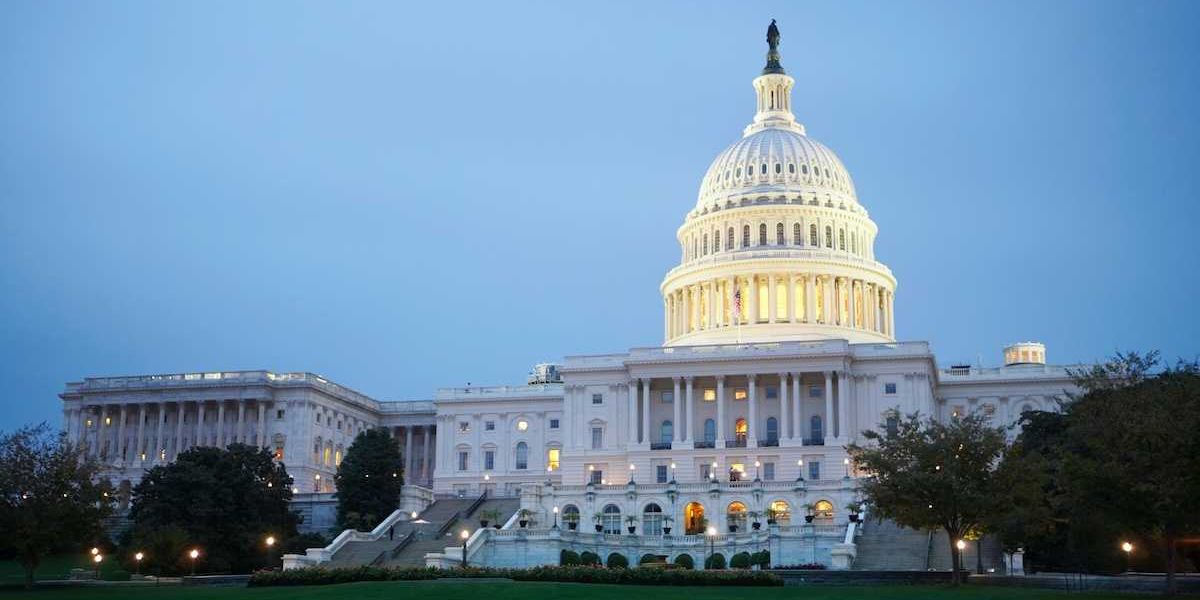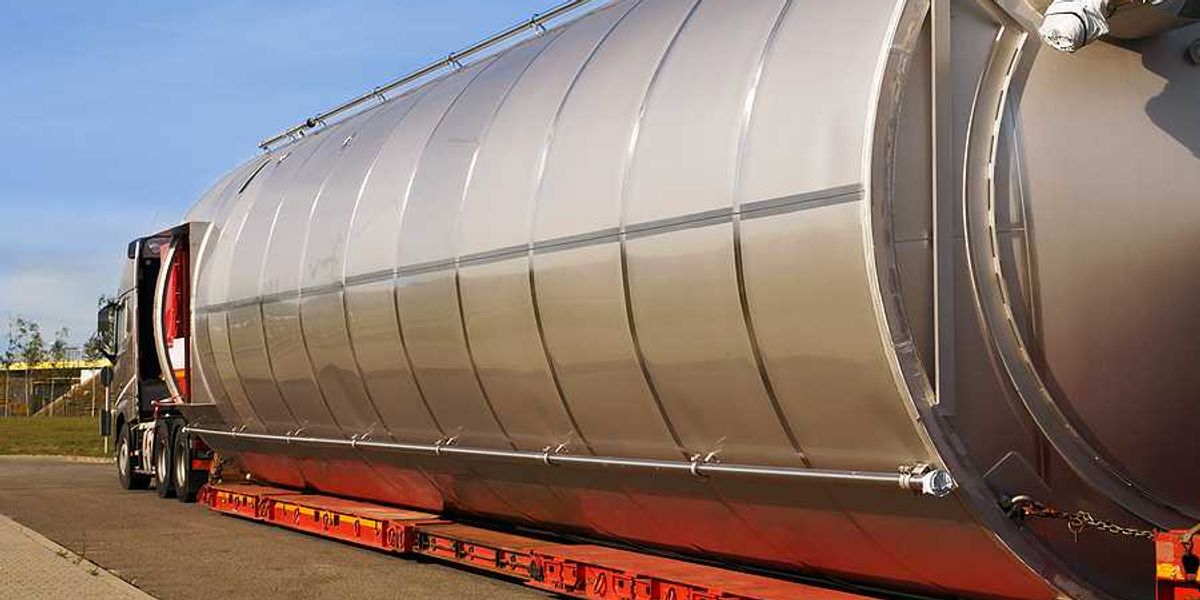Himalayan glacier melt threatens water security for nearly 2 billion in South Asia
Rising black carbon emissions and climate change are accelerating glacier melt in the Himalayas, endangering water supplies for almost two billion people across South Asia, according to a new climate report.
Biman Mukherji reports for South China Morning Post.
In short:
- Black carbon from biomass burning and diesel use is speeding up glacier and snow melt in the Himalayas by absorbing sunlight and heating the snow surface.
- The Indo-Gangetic plains, a region of critical agricultural zones and geopolitical tensions, rely on rivers fed by Himalayan glaciers that are rapidly shrinking due to warming.
- Experts warn that climate-induced glacier loss in South Asia could rival European glacier collapse, but unlike Europe, countries in the region lack monitoring infrastructure.
Key quote:
“Reducing black carbon, especially from cookstoves, crop burning, and transport, can offer quick wins for climate and water security.”
— Aarti Khosla, founder and director at Climate Trends
Why this matters:
The Himalayas, often called the "Third Pole," store more ice than anywhere else outside the Arctic and Antarctic. Their glaciers feed rivers that sustain nearly one-fourth of the world's population. When this vast water reserve melts too quickly, the risk isn't just water scarcity — it’s floods, disrupted agriculture, and cross-border conflict. Black carbon, a fine pollutant from burning wood, crops, and diesel, accelerates melt rates by darkening snow and making it absorb more heat. Unlike carbon dioxide, black carbon stays in the atmosphere for days to weeks, meaning reductions could yield fast relief. Yet monitoring and mitigation are underfunded across South Asia. Meanwhile, extreme heat linked to climate change worsens glacier retreat and places strain on vulnerable communities with few safety nets. With some glaciers losing ice mass at four times the normal rate, the region faces a convergence of environmental, health, and geopolitical crises.
Learn more: New study drills into Mount Everest glaciers to reveal faster melting patterns













